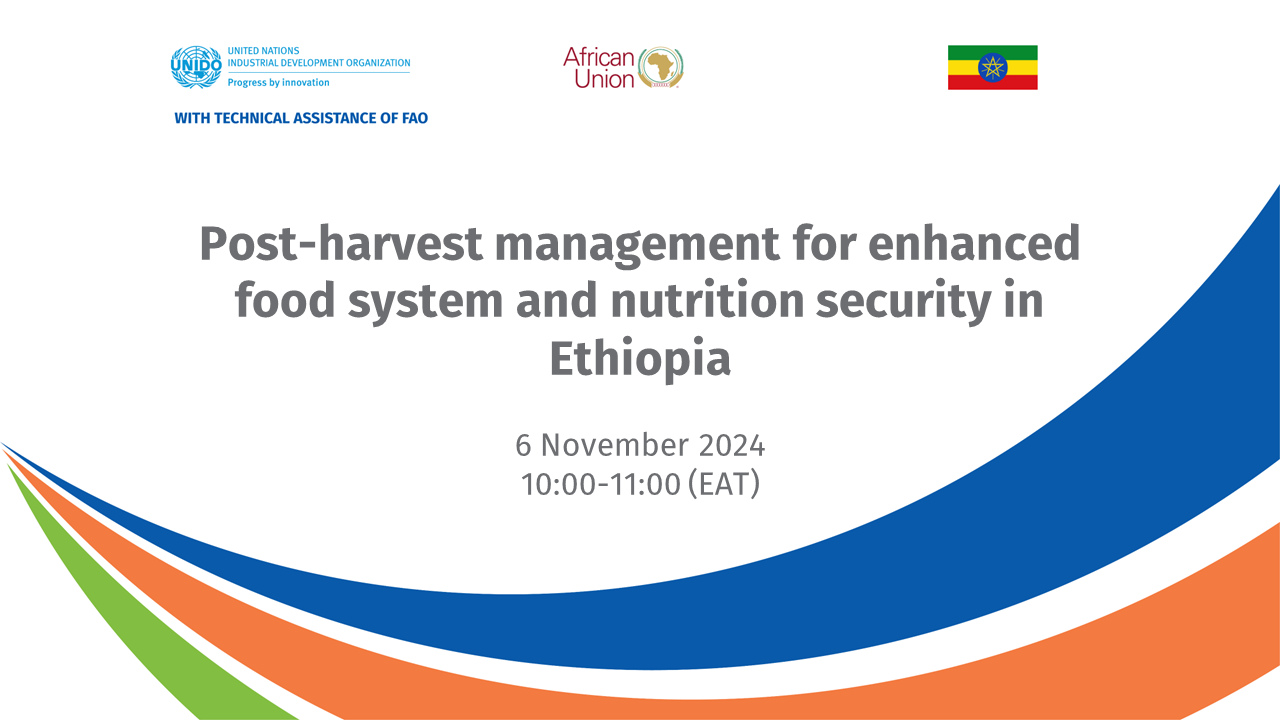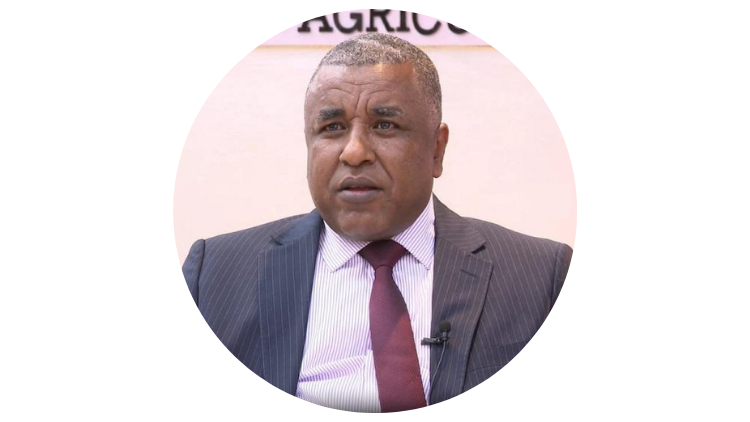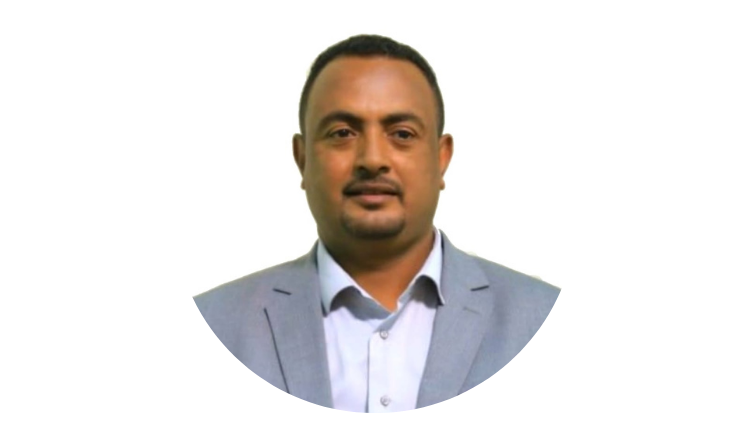


The issue:
In the complex interplay of agricultural production, distribution, and consumption, post-harvest losses often rank among the global challenges. They erode the efforts of producers and nullify the resources invested in cultivation by decreasing the quantity or quality or both of agri-products. As crops and livestock traverse from farm to table, a considerable portion is lost or wasted due to various factors, posing threats to food security, economic stability, and environmental sustainability.
According to a Tracex study, approximately 1.3 billion tons of food are lost annually worldwide. More than 40% of this loss occurs in commodity supply chains at the post-harvest level (between harvest and the consumer) in many developing economies in Africa, Asia, and Latin America.
In Ethiopia, one of the major constraints limiting the production and productivity of smallholder farmers is pre- and post-harvest losses. Studies by FAO and others indicate that the overall post-harvest loss for grain ranges from 20% to 30%, while for horticultural products, it is substantially higher, reaching 30% to 50%; losses in milk and meat are around 30% and 40% respectively. The scale of these post-harvest losses has significant implications for Ethiopia’s nation’s economy, society, and environment. The main drivers of loss are physical damage during harvesting, inappropriate storage facilities and infrastructure, high water content in produce, pests and disease, and poor transportation and logistics.
To effectively address these challenges, the Government of Ethiopia (GoE) has recently developed a comprehensive and forward-looking strategy for post-harvest management covering grain, fruits, vegetables, livestock, including fish and other important agricultural commodities. This has been operational as of 2024. Similarly, the GoE has also developed an overarching food system transformation plan as part of the UN Food Systems Summit and as an opportunity to speed up the implementation of Sustainable Development Goals and drive transformational change through addressing post-harvest losses. Additionally the Government has also incorporated post-harvest management and food and nutrition system transformation into its existing Agricultural, Technical and Vocational Education and Training curricula to strengthen the post-harvest management component.
Objectives:
This session aims to:
Highlight major problems of post-harvest losses in the agriculture sector in Ethiopia and their impact on food security, economic stability, and environmental sustainability.
Share the new strategies and actions that are part of the “Homegrown Economic Reform Agenda”. These aim to tackle post-harvest loss in grains, horticultural crops and livestock and to enhance nationwide food security and environmental sustainability.
Come up with recommendations for tackling post-harvest losses including action harnessing and mobilizing public-private partnerships, enhancing technological cooperation between countries in Africa, Asia and beyond and promoting institutional coherence.
Key guiding questions:
How can we effectively collaborate to address complex challenges in post-harvest management through establishing Digital Public Infrastructure (DPI) and Digital Public Goods (DPG)?
How can we identify and implement best practices in accessing cutting-edge technologies that significantly decrease grain, and livestock wastes and improve quality and quantity of agricultural products?
What policy initiatives do we need to maximize crops and livestock yield, reduce waste and hunger across the globe?
Session format and structure:
A keynote presentation will illustrate problems and challenges related to post-harvest loss and recent achievements in tackling these. This will be followed by a moderated discussion and a Q&A session.
Speakers

His Excellency Mr. Girma Amente, Minister of Agriculture of Ethiopia
Dr. Girma Amente was appointed Minister of Agriculture of the Federal Democratic Republic of Ethiopia in January 2023. Throughout his career, he has been actively involved in agriculture transformation processes by crafting actionable and transformative initiatives at the national level and as Vice President for Oromia Regional State Agricultural and Rural Development. He has served as the Minister of Public Enterprises and President of Haramaya University. He is actively involved in various development activities initiated by governmental, non-governmental, private, and civil society.
He is one of the leading role players in designing an effective development approach and strategies to ensure food security and alleviate poverty in the country due to which he has been given an award of a medal for his best performance from the Oromia Reginal State.
Minister Girma received Ph.D. in the Silviculture Albert-Ludwigs University of Freiburg, Institute of Silviculture, Freiburg, Germany, in 2005, and his M.Sc. in Production Forestry from the Swedish University of Agricultural Sciences in Collaboration with Wondogenet College of Forestry of Ethiopia in 2001.

His Excellency Mr. Meles Mekonnen, State minister, Ministry of Agriculture of Ethiopia
Dr. Meles Mekonnen is currently leading the Agriculture and Horticulture Development Sector of Ethiopia's Ministry of Agriculture as a state minister. Before his appointment to the MoA as State Minister, he was the Head of Agriculture and Natural Resource Management Bureau in Amhara National Regional State, the Mayor of Dessie City Administration, and Vice President and Assistant Professor at Wollo University in Amhara region. Professionally, Dr. Meles is an agronomist and physiologist with ample experience in policy, strategy and agricultural extension and advisory services.

Mr. Fassil Yilma, Country Leader, Corteva Agriscience Ethiopia PLC
Fassil Yilma is an accomplished agribusiness leader with extensive experience in the agricultural sector, currently serving as the Country Leader for Corteva Agriscience. With a strong commitment to sustainable agriculture and innovation, Fassil plays a pivotal role in driving the company’s mission to enrich the lives of those who produce and consume food while protecting the environment.
Fasil has accumulated more than 15 years of professional experience working for different institutions including the UK Trade and Investment, the U.S. Department of Commerce, the multinational DuPont Co, DOW Agricience, in areas of sales, marketing, business development, trade promotion, international trade, investment dispute resolutions, investment climate analysis, among other things. During his professional career, he has gained a strong understanding of the Ethiopian business, social and political landscape, and its macroeconomic environment and has developed a strong network among the Ethiopian private and public sectors.
Under Fassil’s leadership, Corteva has focused on delivering innovative solutions that meet the evolving needs of farmers and consumers. He advocates for sustainable practices and champions initiatives that enhance productivity while minimizing environmental impact. Fassil's vision aligns with Corteva's commitment to advancing agriculture through technology and research.
Fassil is also dedicated to community engagement and development. He actively participates in various initiatives aimed at supporting local farmers and promoting agricultural education. His leadership extends beyond the corporate environment, as he believes in fostering partnerships that drive positive change within the agricultural community.

Mr. Zeraye Mehari, Executive Officer, Horticulture, AgroCluster, MIDROC Investment Group
Mr. Zeraye got a PhD in Agriculture from the University of Bologna in 2016. Currently, he is working as Executive Officer for Horticultural Crops, Agro Cluster of MIDROC Investment Group, where he functionally engages in planning, organizing, and monitoring the activities of fruits, vegetables, and cut flowers production of the Companies in the Investment Group.